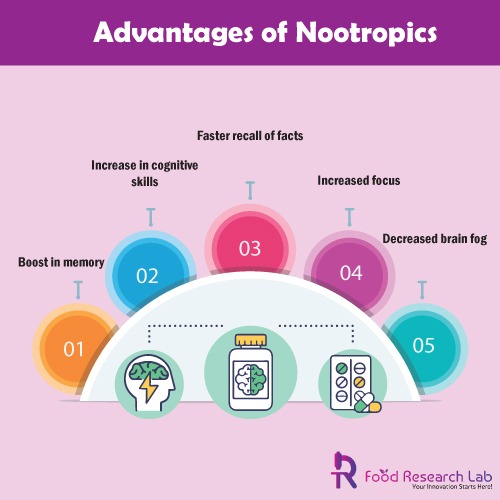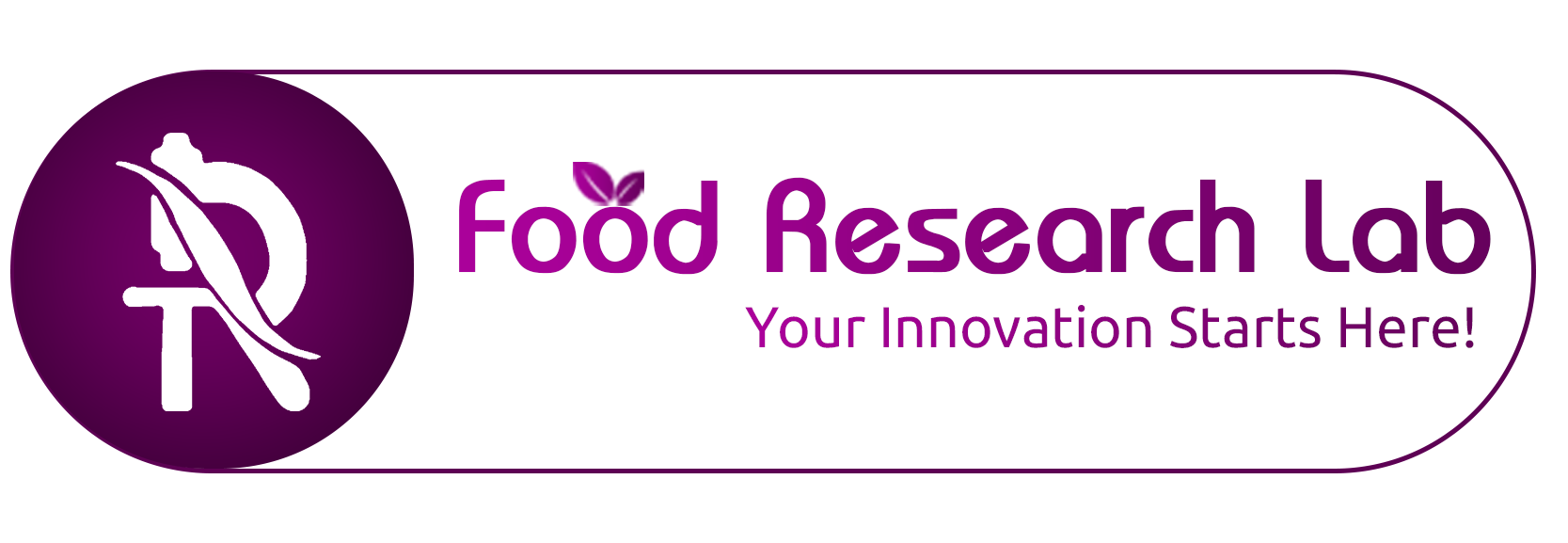Productivity-Boosting Nootropic Drinks
Introduction
Nootropics are edible substances that improve brain performance. They enhance cognition and memory and stimulate the brain to reach optimum performance and focus.
Nootropics that doctors prescribe are medications that act as stimulants. They have the power to lessen the symptoms of medical conditions such as Alzheimer’s disease, Attention Deficit Hyperactivity Disorder, narcolepsy. Nootropics that doctors do not prescribe can improve brain performance or focus, such as caffeine and creatine. They do not treat diseases, but they may affect memory, cognition, or other mental functions and are essential food and beverage processing components.
What Are The Most Prominent Nootropic Drinks?
Caffeine or L-Theanine are nootropics originating from ancient Greek that defines substances or supplements that increase brain function. While food companies are beginning to incorporate nootropics, beverages are the most prominent vehicle for these functional ingredients because they can be digested faster than food. With over a quarter of German consumers adopting functional food and drinks to preserve good brain function, there is an opportunity for drink manufacturers across a variety of categories to investigate the utility of nootropics to help customers in an increasingly cognitively demanding world.
Caffeine is the most common nootropic ingredient used in beverage development today, and it has been shown to improve mental alertness. Other nootropic compounds like ginseng or L-Theanine, on the other hand, can enhance other essential brain functions like memory and creativity.
Fundamentally, the Food Safety Management System will outline the food product development companies’ minimum acceptable food safety criteria and details on how the company implements the system using HACCP concepts.

What Are The Trends In Nootropics?
Many companies are looking to improve their mental health. As a result, nootropics are becoming increasingly popular among a diverse variety of demographic groups. Nootropics are cognitive enhancers that can be added to food, beverages, and supplements to help with skills like focus and memory. They usually consist of components that work together to increase cognitive performance, reduce stress and exhaustion, and improve mood and productivity.
The Formulation Process
The biggest hurdle for nootropic drinks is informing consumers about what they are and persuading them that they work. Two out of every five customers do not believe functional foods and beverages would deliver on their promises in Germany. To develop trust, brands must disclose the proof for the efficacy of their nootropic substances. In particular, products that promise cognitive benefits in beverage processing might highlight ingredients with more solid scientific evidence.
Caffeine is the most common nootropic in beverages and with good reason. Caffeine has been shown to increase alertness, which aids many people in keeping up with the ‘information era.’ On the other hand, caffeine in drinks causes as many difficulties as it solves for cognitively exhausted people. Caffeine overuse causes anxiety and sleep disturbances, both of which impair brain performance. Caffeine has also been shown not to affect critical brain activities other than focus, such as creativity.
Food and beverage industry analysis shows that caffeine’s smaller dosages combined with nootropics target multiple cognitive areas for a more ‘360 degree’ brain boost. Many nootropics promise long-term effects, but those low caffeine’s more overt short-term rush may find them too subtle.
Conclusion
Consumers are finding themselves in a more cognitively demanding world due to new digital innovations and remote working, which will promote this functional sector in food and drink. Drink companies and producers can capitalize on the growing popularity of functional beverages by researching and inventing cognitive enhancement drinks. However, beverage industry analysis shows you could combine new, lesser-known nootropic chemicals with the more well-known caffeine to provide consumers with a sense of security and a noticeable benefit after drinking.
Food Research Lab Project Summary
Nootropics are drugs, supplements, and other substances claimed to improve cognitive function, mainly executive functions, memory, creativity, or motivation, in healthy individuals. One of our clients wanted to create a nootropic functional beverage for B-class customers in the beverage industry. They specified that the retail price of the beverage product would be set between 80 INR and 100 INR, so the cost should be worked out accordingly to yield nominal pro-ts. Our formulation scientists added nootropic ingredients, adaptogens, and electrolytes. The beverage had zero sugar since nootropics improve brain functions and sugars act as inhibitors to certain stimulants. The client liked including components such as L-Thiamine, Ginseng, B-Vitamins, Passion air, and Ashwagandha, which are natural sources to improve memory and brain function. We also ensured that the drink contained zero calories to support health. We developed the nootropic functional drink in many flavors, such as peach, litchi, etc., to brand it as a commercial product. Yes, we are one of the leading beverage consulting services. Food Research Lab is a Global Contract R&D Food, Beverages & Nutraceutical Lab providing solutions to Food, Beverages, and Nutraceuticals(F, B&N) industries worldwide.
Reference
- Gibson, N., Baker, D., Sharples, A., & Braakhuis, A. (2020). Improving Mental Recital in an Athletic Population with the Use of Ārepa®, a Blackcurrant Based Nootropic Drink: A Randomized Control Trial. Antioxidants, 9(4), 316.
- Nootropic, N. (2017). Top 3 Instant Nootropic Drinks.

Let’s create something Innovative and Delicious together
Food Research Lab strives for excellence in new Food, Beverage and Nutraceutical Product Research and Development by offering cutting edge scientific analysis and expertise.




